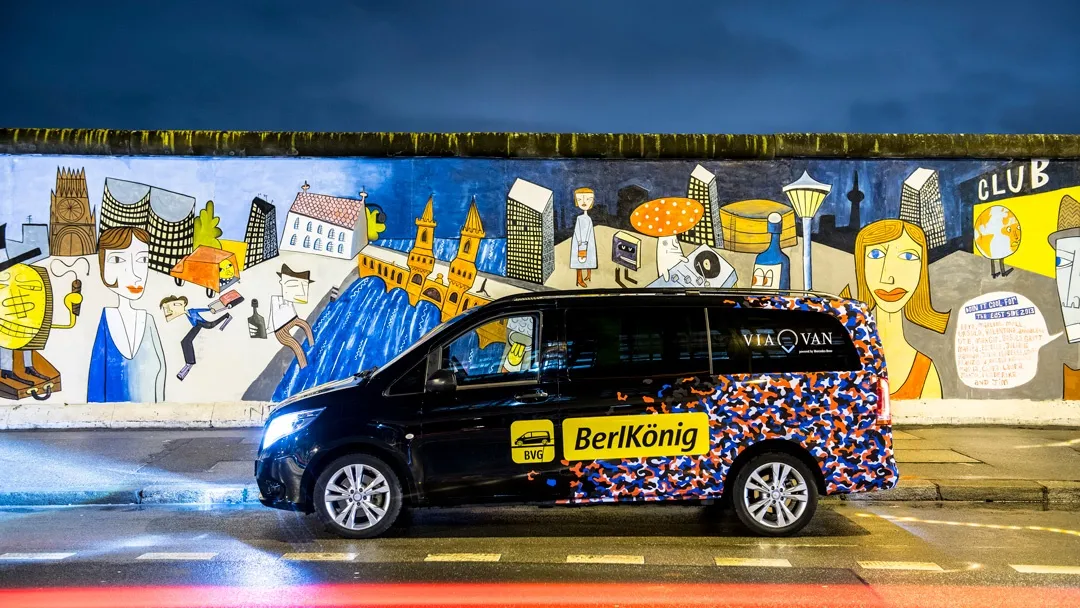
Georgia’s capital Tbilisi will get a €65 million loan from the European Bank for Reconstruction and Development (EBRD) and €10 million from the Green Climate Fund for metro modernisation work.
Some of the money will go towards purchasing new rolling stock – 40 cars – as well as the modernisation of a depot and a tunnel. Tbilisi has a population of almost 1.2 million.
The Green Climate Fund is a fund established within the framework of the United Nations Framework Convention on Climate Change, an international environmental treaty adopted in 1992 and with administrative offices in Incheon, South Korea.
The investment is part of EBRD Green Cities fund and a follow-on investment under Tbilisi’s Green City Action Plan which identifies the city’s main environmental challenges, one of which is air quality. It is also the first project to be co-financed by the Green City Action Plan under EBRD Green Cities.
The EBRD said that supporting vital infrastructure is a key element of the bank’s response to the coronavirus pandemic, while continuing to prioritise green and sustainable investment.
The EBRD recently launched its Vital Infrastructure Support Programme as part of its response to the coronavirus pandemic to guarantee the operation and development of crucial infrastructure supplies and services. Infrastructure investments are vital for the local economy and create or secure jobs.
“The EBRD has been supporting Tbilisi's municipal transport infrastructure for several years now. We are grateful that despite the difficult economic conditions caused by the Covid-19 pandemic, the Bank's support for Georgia’s economy and its citizens remains strong,” said Kakha Kaladze, mayor of Tbilisi.
“The modernisation of the Tbilisi metro will be a milestone in addressing the city’s key environmental challenges. The demand for quality public transport is high and such projects have an excellent environmental and social impact,” said Catarina Bjorlin Hansen, EBRD’s director for the Caucasus region.
Since the start of its operations in the country, the EBRD has invested over €3.7 billion in 249 projects in the financial, corporate, infrastructure and energy sectors. Around 87% of the investment has been in the private sector.









